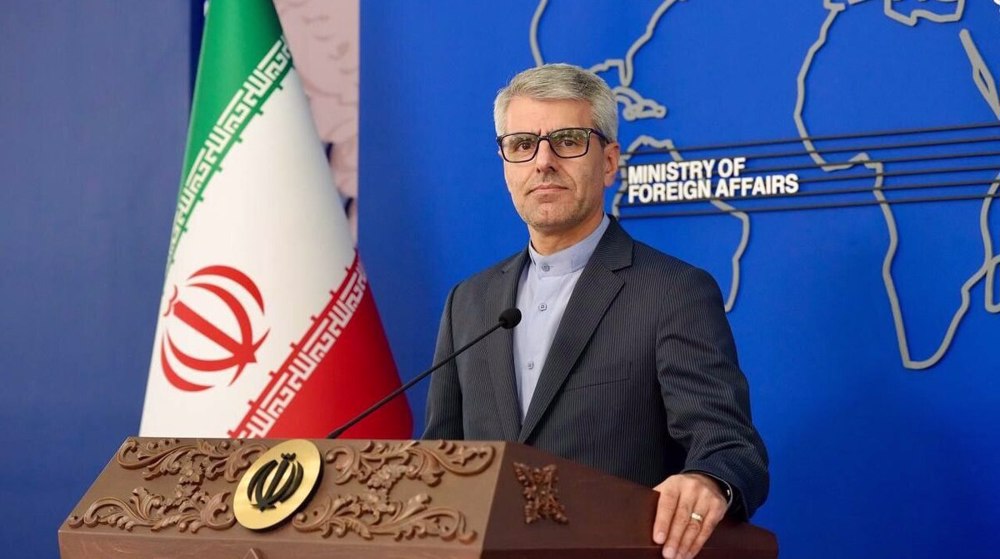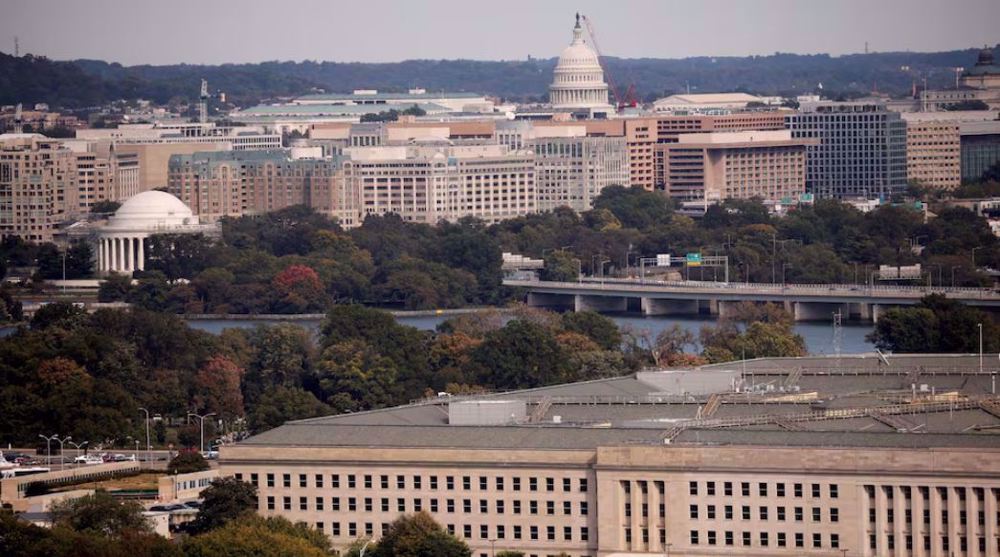Several US presidents were mentally ill: Documents
Newly revealed documents show that a number of US presidents may have suffered from serious mental disorders.
Former US Presidents Richard Nixon, John F. Kennedy and Lyndon Johnson were all secretly taking psychotropic drugs while in office, the documents show, according to POLITICO.
John F. Kennedy

Kennedy’s medical records reveal that he had suffered from health problems since childhood, and used a wide range of drugs such as painkillers and stimulants for treatment.
"There was hardly a day that went by that he didn't suffer terribly," presidential historian Robert Dallek at Boston University said.
Kennedy, the 35th US president, took as many as 12 medications per day, taking more during times of stress.
His medical records reveal that he usually took Codeine, Demerol and Methadone to kill his pains, Ritalin as a stimulant; Meprobamate and Librium for anxiety, Barbiturates for sleep, thyroid hormone, and injections of a blood derivative, gamma globulin, a medicine that combats infections.
Kennedy also took Stelazine, which is a powerful tranquilizer normally used to treat schizophrenia and psychotic disorders that could also be prescribed for severe anxiety.
His dependence on drugs was so fierce that during the 1960 presidential race, when an aide misplaced his medication, he reportedly instructed his people to “find that bag” before his opponents do, because “it would be murder” in their hands.
The drugs he took often had side effects, including grogginess and depression. However, it is not known if the medications impaired his judgment during his presidency.
Richard Nixon

A recent biography on Richard Nixon also alleged that the nation’s 37th president was a user of mood-altering drugs. The medications reportedly once caused Nixon to go as far as beating his wife.
Irish journalist Anthony Summers’s book called, Arrogance of Power: The Secret World of Richard Nixon, sparked debate about the man who left the White House in disgrace in 1974, and died in 1994.
Another book, The Gumshow and the Shrink by David Robb, revealed that Nixon was secretly seeing a psychiatrist at the top of his political fame.
In 1952, Nixon, who was then vice president under Dwight Eisenhower, started seeing Dr. Arnold Hutschnecker and was complaining of a series of disorders he thought were all in his mind, like back and neck pain and insomnia.
The book said that Nixon continued seeing the doctor for at least a decade, including during the 1960 elections, which he lost to Kennedy.
It also claimed that Nixon and Kennedy had even hired private investigators to look into each others’ health records.
Nixon reportedly attempted to smear Kennedy by exposing the fact that he was suffering from Addison’s disease, characterized by a number of symptoms such as abdominal pain and weakness due to insufficient amount of certain hormones.
Allegations against Kennedy became closer to reality when, in 2006, his nephew, Representative Patrick Kennedy of Rhode Island announced he would seek treatment for his bipolar disorder, which, also known as manic-depressive illness, tends to run in the family.
Lyndon Johnson

Lyndon Johnson, the 36th US president, was also suspected of experiencing episodes of depression and anxiety caused by the escalation of the Vietnam War. When he ramped up America’s troop presence in Vietnam from 15,000 to nearly half a million, his “eccentricities” began to seem worrisome, according to POLITICO.
“It was a pronounced, prolonged depression,” Johnson’s Press Secretary Bill Moyers said. He would just go within himself, just disappear—morose, self-pitying, angry. … He was a tormented man.”
Johnson’s special assistant Richard Goodwin also described the president’s condition as a “huge leap into unreason.”
Bill Clinton

Former President Bill Clinton was also reportedly advised to seek psychiatric help after the Monica Lewinsky scandal, when he saw an impeachment looming. Clinton, however, declined the offer because of political reasons and chose to consult Christian ministers instead.
The POLITICO report noted that pundits are now discussing the 2016 presidential hopefuls and their mental health.
They are speculating whether real estate mogul and Republican frontrunner Donald Trump has narcissistic personality disorder, former Secretary of State and Democratic frontrunner Hillary Clinton is clinically paranoid, and former Florida Governor and GOP hopeful Jeb Bush suffers from a “Freudian sibling tangle.”
David Axelrod, former senior adviser to President Barack Obama, said that if a commander in chief discloses his mental condition, it would “create a crisis of confidence” in the country.
“Every time he said a cross word or expressed frustration, people would say, ‘He’s having one of those days,’” Axelrod was quoted as saying by POLITICO.
Instead, he said, "We just watch their hair turn gray."

Iran warns ‘moving the goalposts’ could derail Tehran-Washington talks

Pentagon officials placed on leave over 'unauthorized' Yemen leaks

Harvard-Trump dispute deepens as US president threatens to remove tax exemption
Three days from freedom: 64th Palestinian abductee dies in Israeli captivity
IAEA should maintain neutrality in Tehran-Washington talks: Iran nuclear chief
VIDEO | Press TV's news headlines
Hamas: Israel tortures Palestinian abductees while we treat captives humanely
Israeli captive in Gaza holds Netanyahu responsible for continued captivity
Tehran rejects 'baseless' UK claims about links to criminal groups
Palestinian hospital chief ‘exhausted from torture’ in Israeli prison: Lawyer
Iran says IAEA can play ‘crucial’ role in resolving nuclear issue







 This makes it easy to access the Press TV website
This makes it easy to access the Press TV website